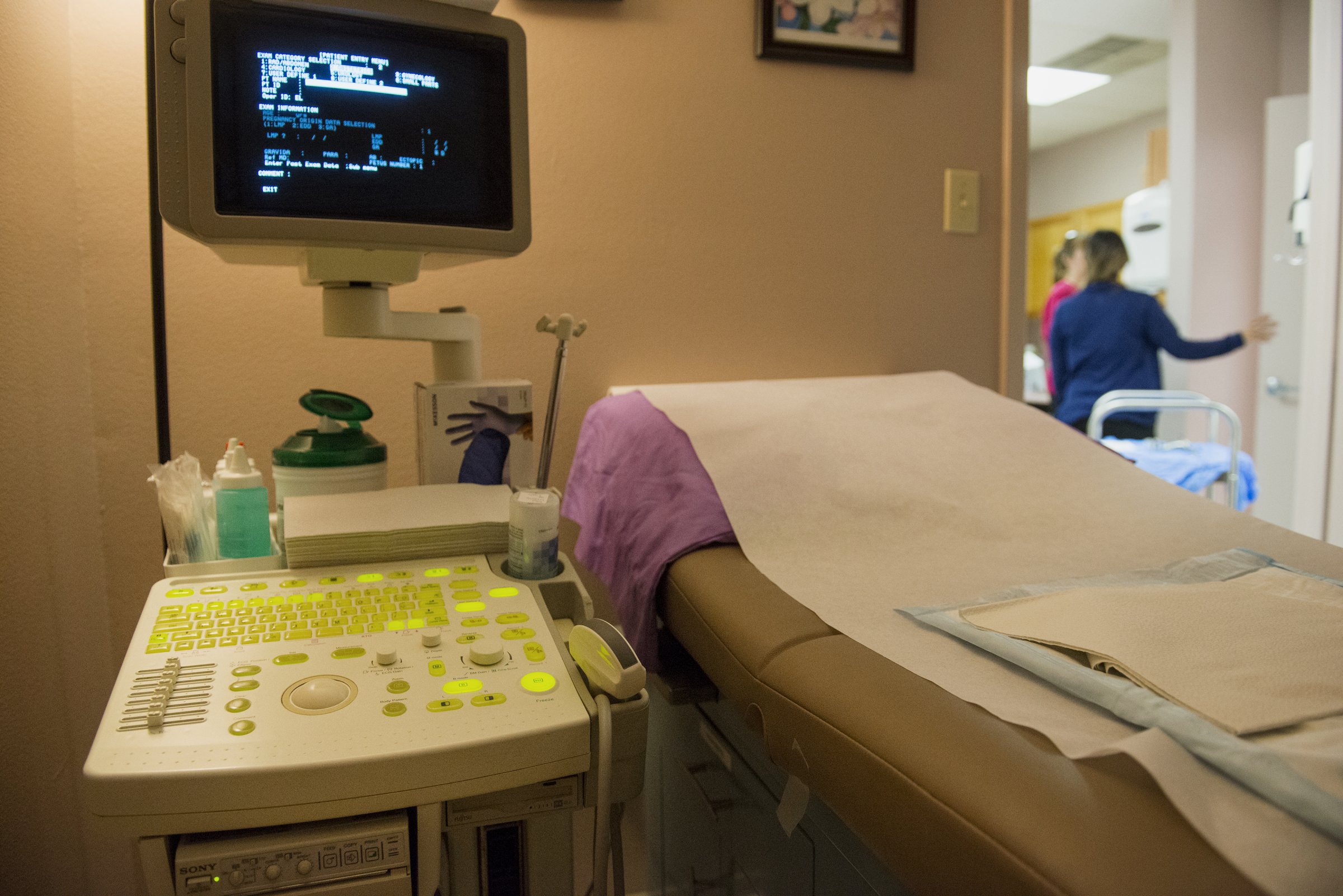
The majority of legal abortions performed in the U.S. are safe, free of complications and devoid of long-term health effects, according to a comprehensive new report.
A committee assembled by the National Academies of Sciences, Engineering, and Medicine analyzed available data on abortion safety, quality and care. The resulting report, published Friday, says the four major abortion methods used in the U.S. — medication, aspiration, induction and dilation and evacuation (D&E) — are all safe and effective, and that complications are rare. The vast majority of U.S. abortions — 90% — are also performed during the first 12 weeks of pregnancy, according to the report, which drastically improves their safety.
The committee also concluded that, contrary to some persistent misinformation, evidence generally does not suggest that abortions increase a woman’s risk of later infertility, pregnancy and birth complications, breast cancer or mental health conditions such as depression, anxiety and post-traumatic stress disorder.
The report also delved into delivery of care. It found that most abortions can be performed in office settings, and that there is “no evidence” to suggest that abortion providers should require hospital admittance privileges — a stipulation sometimes put on abortion providers that can limit access. Medication and aspiration abortions, the report says, can be performed not only by trained physicians but also by physician assistants, nurse practitioners and midwives. D&E and induction abortions, meanwhile, require more specialized training and should be performed by either physicians or nurse-midwives.
Still, “while legal abortions in the U.S. are safe, the likelihood that women will receive the type of abortion services that best meet their needs varies considerably depending on where they live,” reads a statement accompanying the report, alluding to the wide spectrum of abortion access policies on the books across the country.
In 19 states, for example, a physician must be present for a medication-induced abortion, and in 17, the medicine must be administered in a hospital- or surgical-like environment. Even more states have mandatory waiting periods before receiving an abortion, and five provide clinicians with counseling materials that detail a link between abortions and breast cancer, according to the Guttmacher Institute — despite evidence to the contrary, according to the report.
More Must-Reads from TIME
- Cybersecurity Experts Are Sounding the Alarm on DOGE
- Meet the 2025 Women of the Year
- The Harsh Truth About Disability Inclusion
- Why Do More Young Adults Have Cancer?
- Colman Domingo Leads With Radical Love
- How to Get Better at Doing Things Alone
- Michelle Zauner Stares Down the Darkness
Write to Jamie Ducharme at jamie.ducharme@time.com